The dream of becoming a dental surgeon through Bachelor of Dental Surgery (BDS) remains one of the most coveted career paths in India's healthcare sector. With government medical colleges offering quality education at affordable fees, the competition for securing admission has reached unprecedented levels. Understanding the NEET score requirements and admission nuances becomes crucial for aspiring dental professionals seeking to carve their niche in this prestigious field.
Understanding NEET Cutoff Trends for BDS Admission
The National Eligibility cum Entrance Test (NEET) serves as the gateway to dental colleges across India, with government institutions maintaining significantly higher cutoff scores compared to private establishments. Recent admission cycles have witnessed a substantial surge in NEET scores required for BDS seats in government medical colleges, reflecting the intensifying competition among lakhs of medical aspirants.
General category students typically require scores ranging between 550-650 marks out of 720 to secure admission in premier government dental colleges. However, these figures fluctuate considerably based on factors such as the number of applicants, seat availability, and the overall difficulty level of the examination. Reserved category candidates benefit from relaxed cutoff criteria, with OBC students needing approximately 500-580 marks, while SC/ST candidates can secure admission with scores between 450-520 marks.
The All India Quota (AIQ) seats demand even higher scores, often pushing the NEET cutoff for BDS admission beyond 600 marks for unreserved categories. State quota distributions follow varying patterns, with some states like Tamil Nadu, Karnataka, and Maharashtra maintaining exceptionally high cutoffs due to their reputation for quality dental education.
State-wise NEET Score Requirements for Government BDS Colleges
Different states exhibit varying NEET score requirements for BDS admission in their government dental institutions. Delhi, being the national capital, maintains cutoffs around 620-650 marks for general category students seeking admission to Maulana Azad Institute of Dental Sciences. Punjab and Haryana typically require scores between 580-620 marks for their premier government dental colleges.
Southern states like Andhra Pradesh and Telangana have witnessed remarkable growth in dental education infrastructure, with NEET cutoffs ranging from 560-610 marks for general category aspirants. Western states including Gujarat and Rajasthan maintain moderate cutoff ranges of 540-590 marks, making them relatively accessible options for students with decent NEET scores.
Eastern and northeastern states often present opportunities for students with comparatively lower scores, with NEET cutoffs ranging between 500-550 marks for general category students. These regions provide excellent education quality while maintaining reasonable admission thresholds.
Counseling Process and Seat Allocation Mechanism
The NEET counseling process for BDS admission operates through a systematic approach involving multiple rounds and careful seat allocation. Medical Counseling Committee (MCC) conducts counseling for All India Quota seats, while individual states manage their respective quota distributions through designated counseling authorities.
Registration and document verification constitute the initial phase where candidates submit their NEET scorecards, academic certificates, and identity proofs. This crucial step requires meticulous attention to detail, as any discrepancy can lead to disqualification from the counseling process.
Choice filling and locking represents the heart of the counseling procedure, where students prioritize their preferred government dental colleges based on their NEET scores and personal preferences. Strategic choice filling significantly impacts admission outcomes, requiring thorough research about college rankings, fee structures, and geographical preferences.
Seat allotment results are published based on merit rankings, category reservations, and availability of seats in respective institutions. Students receiving allotment must complete admission formalities within stipulated timeframes, including fee payment and document submission to secure their seats.
Subsequent counseling rounds accommodate candidates who couldn't secure seats in initial rounds or wish to upgrade their allotments. These rounds provide additional opportunities for admission while filling remaining vacant seats across various government dental colleges.
Factors Influencing BDS Admission in Government Colleges
Several critical factors beyond NEET scores influence admission prospects in government dental institutions. State domicile requirements play a pivotal role, with many states providing significant advantages to local candidates through domicile-based reservations and relaxed cutoff criteria.
Category-based reservations substantially impact admission dynamics, with OBC, SC, ST, and EWS categories enjoying reserved seats and lower cutoff requirements. Understanding reservation policies helps candidates strategize their applications effectively.
Previous year cutoff trends provide valuable insights into admission probabilities, though these figures should be analyzed considering changing competition levels and seat availability. College infrastructure, faculty quality, and clinical exposure opportunities should also influence choice prioritization during counseling.
Fee structures in government dental colleges remain significantly lower than private institutions, making them attractive options for economically disadvantaged students. Scholarship opportunities and financial aid programs further enhance accessibility for deserving candidates.
Preparation Strategies for Achieving Required NEET Scores
Securing admission in government dental colleges demands comprehensive preparation strategies tailored to NEET examination patterns. Physics, Chemistry, and Biology require equal attention, with Biology carrying maximum weightage and requiring extensive memorization of concepts.
Mock tests and previous year question papers provide invaluable practice opportunities, helping students understand examination patterns and time management techniques. Regular performance analysis identifies weak areas requiring additional focus and revision.
Coaching institute guidance can significantly enhance preparation quality, though self-study remains equally important for conceptual clarity. Online learning platforms offer flexible preparation options, accommodating diverse learning preferences and schedules.
Revision schedules should prioritize high-weightage topics while ensuring comprehensive coverage of the entire syllabus. Stress management and healthy lifestyle maintenance contribute to optimal performance during the crucial examination period.
Career Prospects and Growth Opportunities in Dental Practice
BDS graduates from government medical colleges enjoy diverse career opportunities spanning clinical practice, academic research, and public health services. Specialization options through MDS programs open doors to lucrative subspecialties like oral surgery, orthodontics, and prosthodontics.
Government job opportunities include positions in public health centers, district hospitals, and dental colleges as faculty members. Private practice establishment remains a popular choice, offering entrepreneurial freedom and substantial income potential.
International career prospects continue expanding, with Indian dental graduates gaining recognition in countries like Australia, Canada, and New Zealand after completing necessary licensing examinations.
How Get My University Facilitates Your BDS Admission Journey
At Get My University, we understand the complexities surrounding NEET-based BDS admissions and provide comprehensive guidance to streamline your journey toward government dental college admission. Our expert counselors possess deep insights into state-wise cutoff trends, counseling procedures, and seat allocation mechanisms, ensuring you make informed decisions throughout the admission process.
Our personalized college selection guidance helps identify government dental institutions matching your NEET score and preferences, maximizing your chances of securing admission in prestigious colleges. We provide detailed information about fee structures, infrastructure facilities, and academic excellence of various government dental colleges across India.
Document preparation assistance ensures your application materials meet all regulatory requirements, preventing potential disqualifications during counseling procedures. Our counseling process support includes choice filling strategies, timeline management, and admission formality guidance, making the entire process seamless and stress-free.
Get My University maintains updated databases of previous year cutoffs, seat availability, and reservation policies across different states, providing you with accurate information for strategic decision-making. Our commitment extends beyond admission assistance, offering career guidance and specialization counseling to help shape your future in dental sciences.




.jpg-79334.jpg)

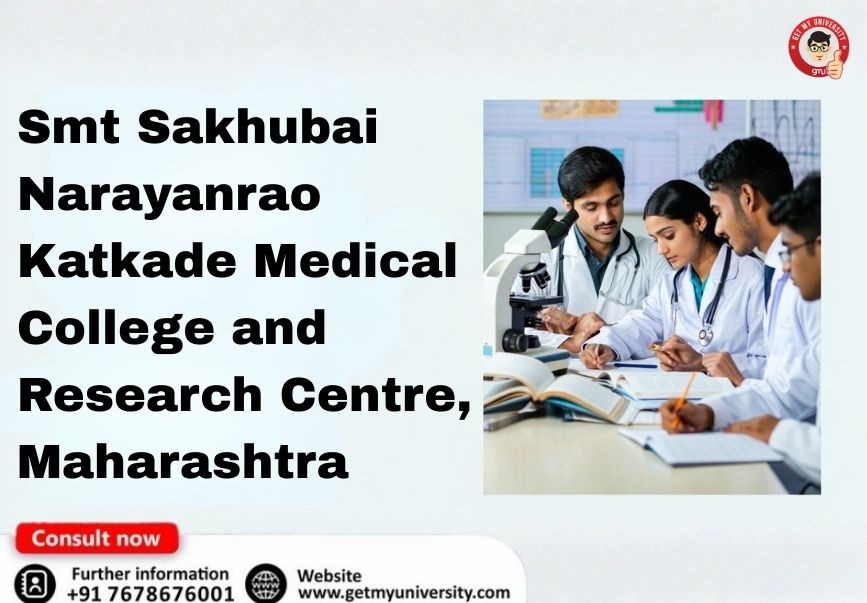

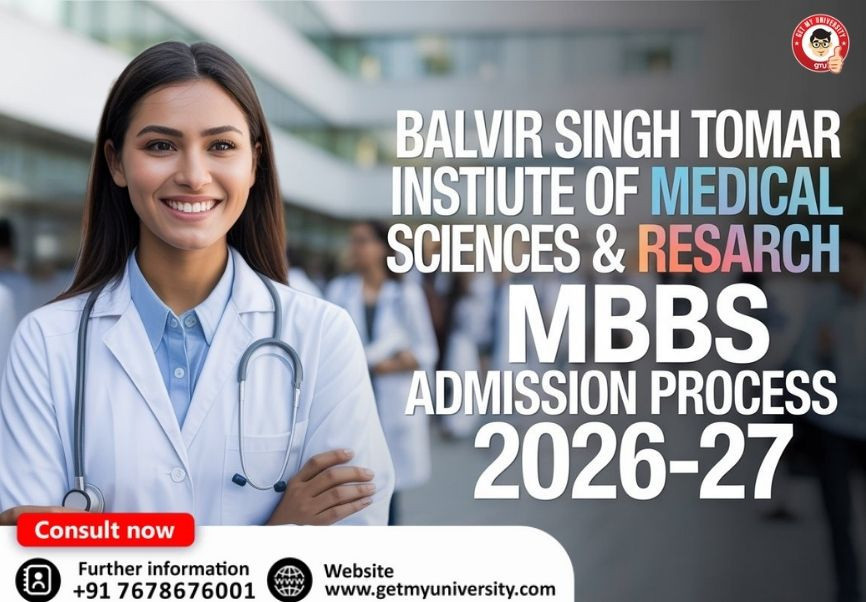
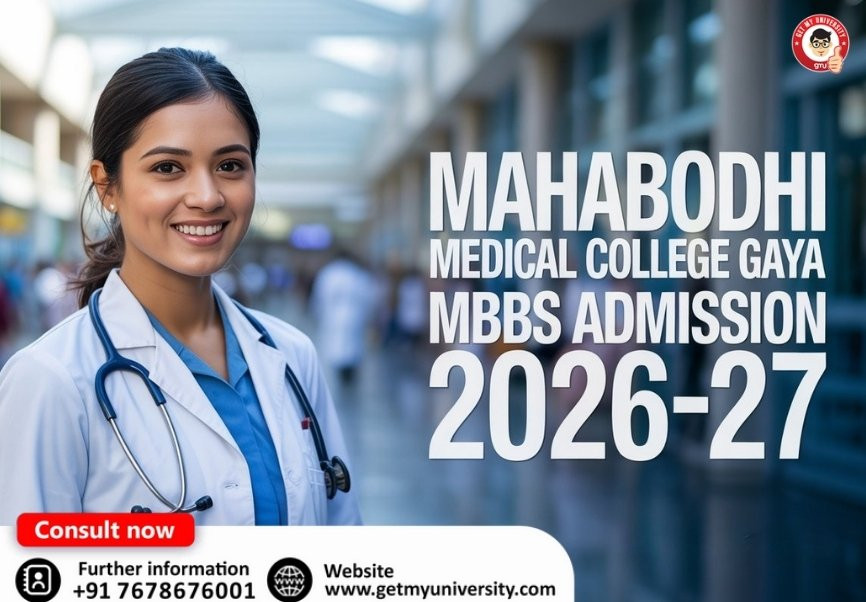
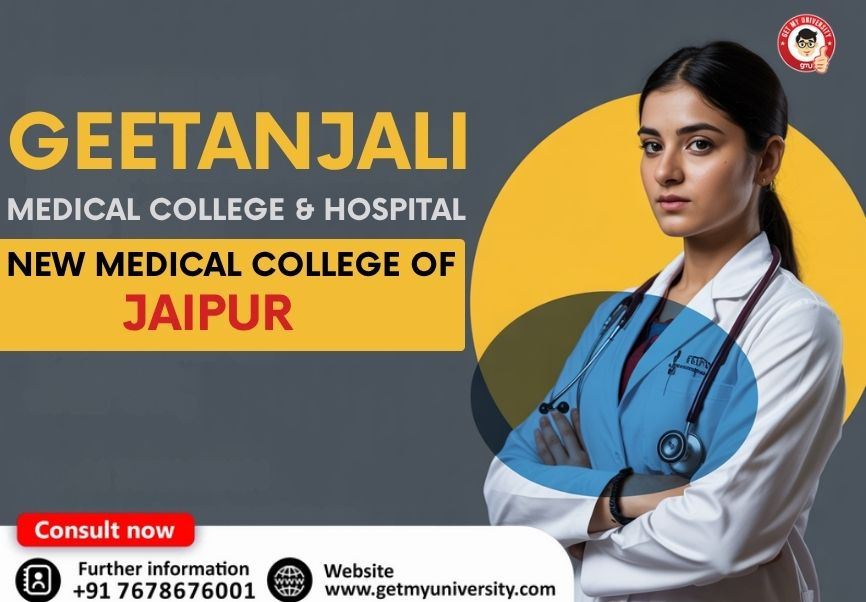
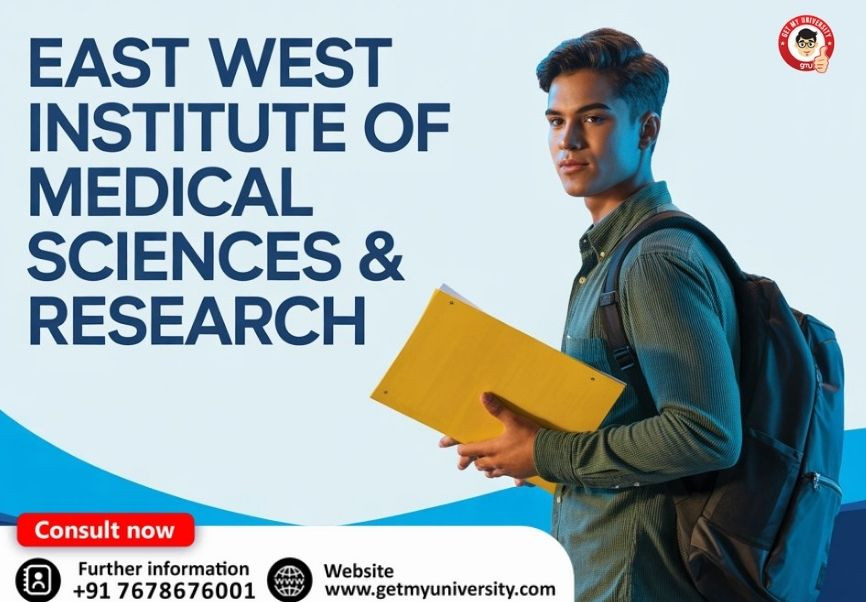
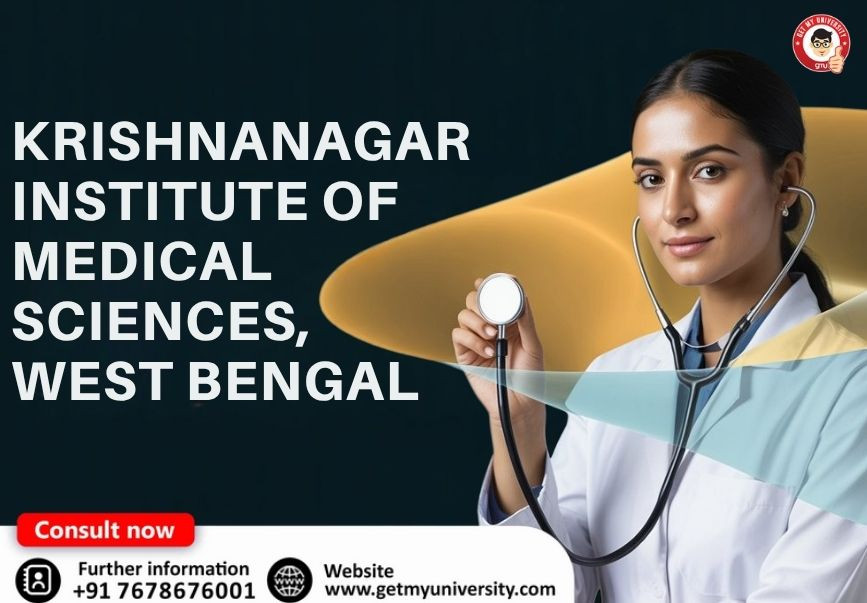
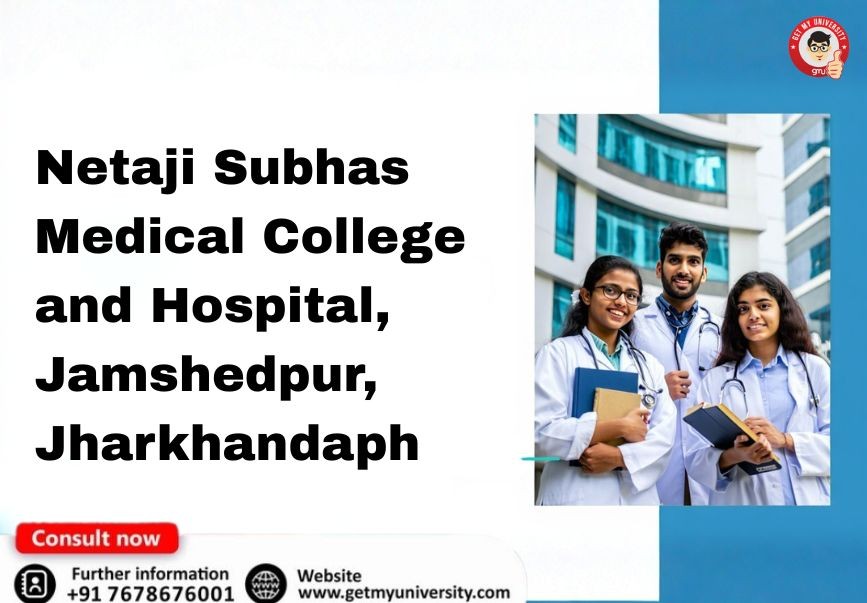

.jpg-12992.jpg)
